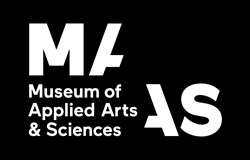When: Wednesday 14th November, 10:20am – 11:20am
Where: L2, Level 2 to the left of the registration/foyer area, down the hallway and through the doors on the right
Hashtag: #W8
Our project documents how modern science communication has emerged in different countries over the last 50 years. It involves 123 authors working in teams from 43 countries including Ghana, Malaysia, Mexico, Indonesia, Turkey and Colombia as well as major powers such as the UK, USA, Germany, China and Japan.
The project documents the pathways different countries have taken, recording major events, debates and activities in science communication as they moved to adopt the practices of modern science communication. What challenges did they face, and what solutions have they found?
The project has attracted enormous interest in science communication communities around the world. Strong demand has meant the original 20 participating countries has grown to 43. The hunger of countries to learn from international experience is clear. Representation is divided equally between post-industrial nations and countries with a developing industrial base in Africa, Asia and Latin America.
What practical advice can be gleaned from the national reports to help deal with pressing problems at home? How can science communication be applied to assist countries ‘to secure the fundamentals of human well-being – health, food, energy, jobs’?
It’s an Australian project with international impact, and the results will be published by ANU Press.
Session Producer, Session Chair
Mr Toss Gascoigne, Visiting Fellow, Australian National University
Presenter:
Dr Michelle Riedlinger, Associate Professor, University of the Fraser Valley, Canada
Dr Bobby Cerini, Deputy Director and General Manager, Science and Learning A/g, Questacon
Niall Byrne, Creative Director, Science in Public
